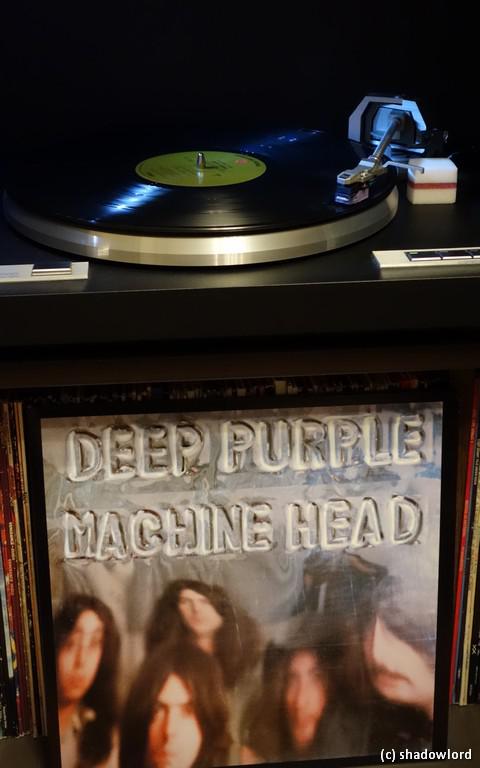Gmok Bonecrusha
[H]ard|Gawd
- Joined
- Jun 16, 2004
- Messages
- 1,090
So I finally bit the bullet and snagged some HD800's. I have a Schiit Lyr these are running with being fed from a TiT HD. Sweet right?! I know!
So I have been saying to myself...self, have you considered TRYING vinyl?
Then I think of all the hassle and hustle it would take getting the LP's, the space requirements, turntables would need looking after. My kids would have to be sacrificed. They scratch a potential James Brown LP, and they would need to be thrown in a volcano. Plus how hard would it be finding the genre of music, and artists that I like (R&B, Funk etc)?
Plus this time around purchasing equipment, I don't want to start small, and "waste" money building to what I really want. But I don't want to start big either, and not be satisfied nor enamored.
So my question to those who do listen to vinyl here on the [H] is this...Have you gone from high end digital music, to vinyl, and found it truly worth it? Or can you say, that it isn't worth the hustle? Or that the jump is like going from HD280's to HD800's.
So I have been saying to myself...self, have you considered TRYING vinyl?
Then I think of all the hassle and hustle it would take getting the LP's, the space requirements, turntables would need looking after. My kids would have to be sacrificed. They scratch a potential James Brown LP, and they would need to be thrown in a volcano. Plus how hard would it be finding the genre of music, and artists that I like (R&B, Funk etc)?
Plus this time around purchasing equipment, I don't want to start small, and "waste" money building to what I really want. But I don't want to start big either, and not be satisfied nor enamored.
So my question to those who do listen to vinyl here on the [H] is this...Have you gone from high end digital music, to vinyl, and found it truly worth it? Or can you say, that it isn't worth the hustle? Or that the jump is like going from HD280's to HD800's.
![[H]ard|Forum](/styles/hardforum/xenforo/logo_dark.png)

